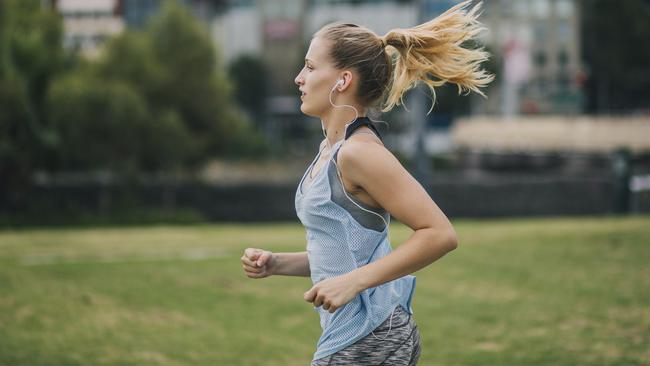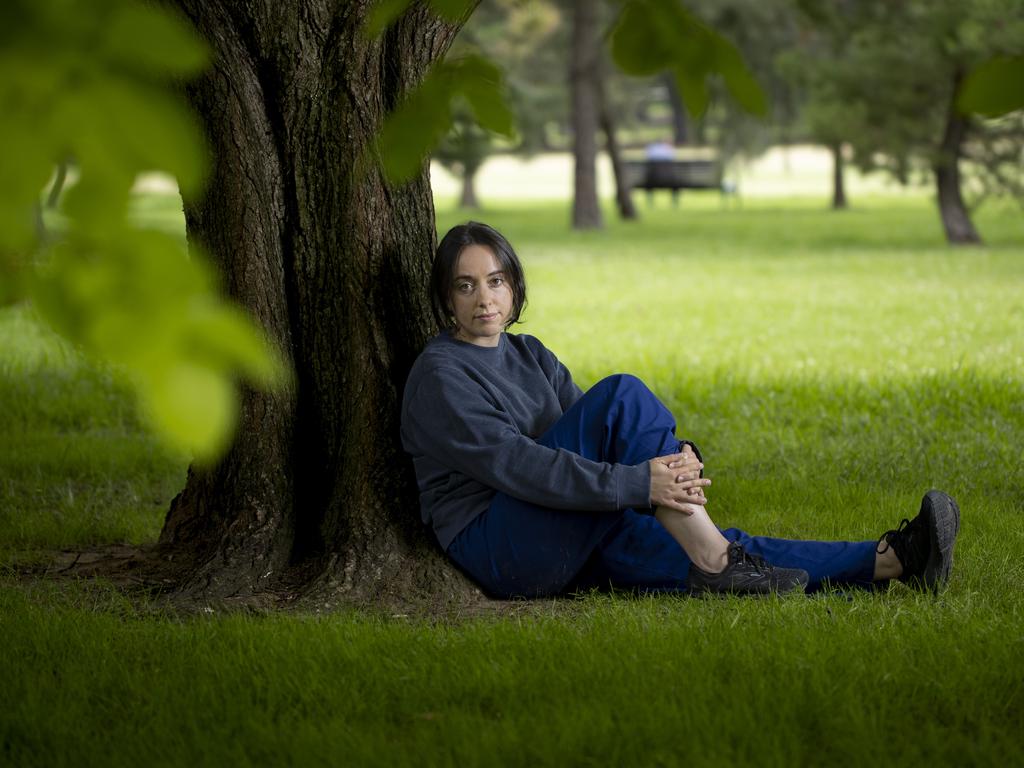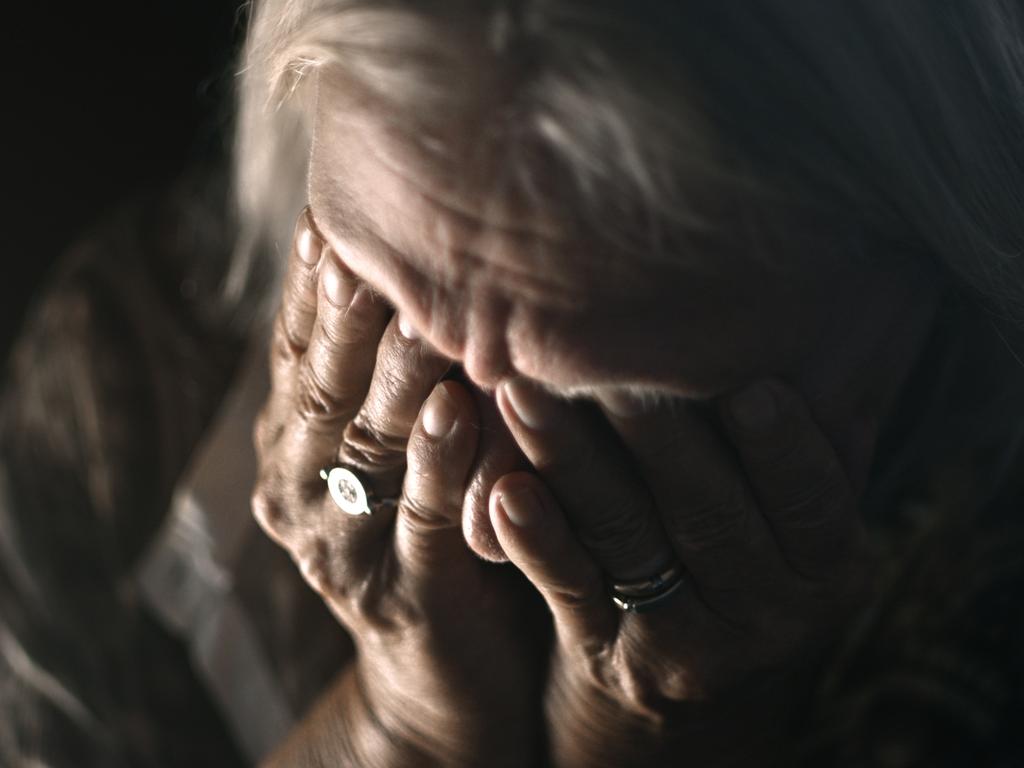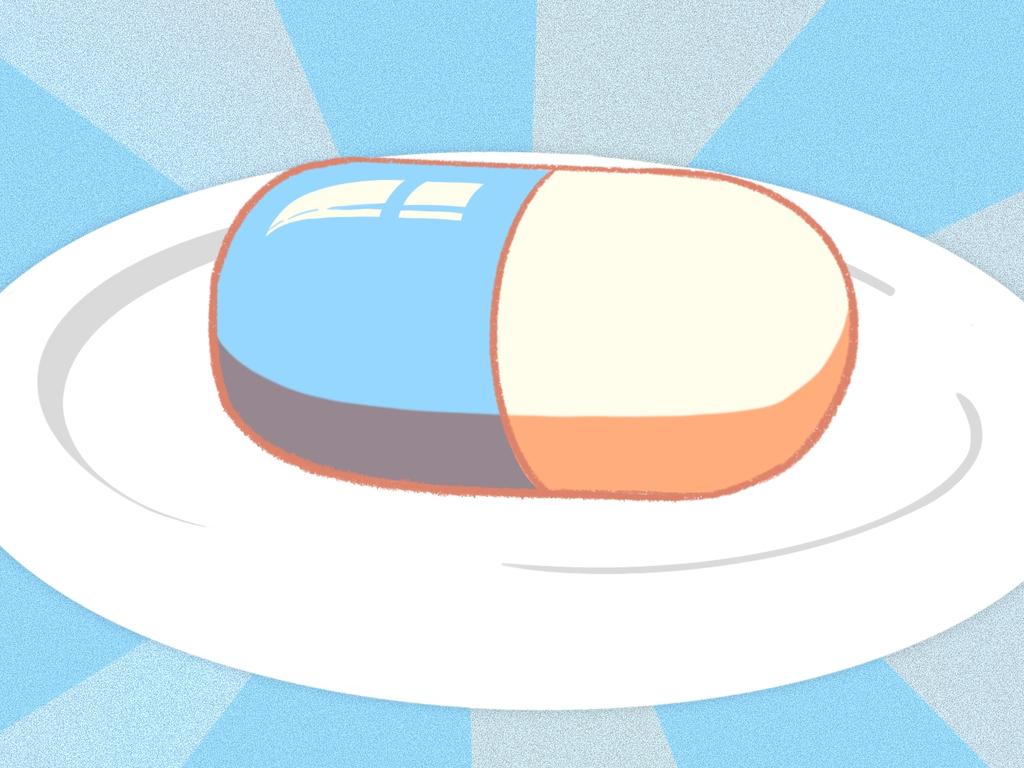World’s biggest study shows exercise can be five times as effective as SSRIs
The world’s most comprehensive study of exercise and depression has found physical activity has about double the effect of antidepressants on improving low mood in the short term.

The world’s most comprehensive study of exercise and depression has found physical activity, even at a low intensity, has about double the effect of antidepressants on improving low mood in the short term.
The high-quality systematic review – published in the British Medical Journal and led by Australian researchers – found strength training and yoga appeared to have the most effect in helping depression and the effect was larger with higher intensity.
It doesn’t seem to matter how long an exercise sessions lasts, with just 10 minutes of vigorous, physical activity, such as dancing, producing just as much benefit for the brain as 30 minutes.
The study’s authors have used the findings to criticise Australia’s paltry funding of highly effective lifestyle interventions even for those struggling with life-endangering chronic disease. This contrasts with the tens of millions of taxpayer dollars that subsidise antidepressant drugs, which are prescribed at the extraordinary rate of more than 12 million scripts a year.
The BMJ study carried out a meta-analysis of 218 randomised controlled trials on various therapies’ comparative effects on depression, more than had ever been comprehensively analysed. “Even taking conservative estimates, practitioners can expect patients to experience clinically significant effects from walking, running, yoga, qigong, strength training and mixed aerobic exercise,” the study said.
“In isolation, the most effective exercise modalities were walking or jogging, yoga, strength training, and dancing. Although walking or jogging were effective for both men and women, strength training was more effective for women, and yoga or qigong was more effective for men. Yoga was somewhat more effective among older adults, and strength training was more effective among younger people.
“The benefits from exercise tended to be proportional to the intensity prescribed, with vigorous activity being better.
“Benefits were equally effective for different weekly doses, for people with different comorbidities, or for different baseline levels of depression.”
The study said medical treatment guidelines for depression might be “overly conservative by conditionally recommending exercise as complementary or alternative treatment for patients in whom psychotherapy or pharmacotherapy is either ineffective or unacceptable” and instead should recommend prescribing exercise as a first-line treatment.
The paper comes amid a worldwide push for antidepressant drug deprescribing, with growing alarm that on average one in six people worldwide are taking selective serotonin inhibitor drugs (SSRIs).

New guidelines on deprescribing SSRIs were published last week in psychiatry’s foremost prescription manual, the Maudsley Guidelines. The new publication stressed that evidence on the efficacy of SSRIs was remarkably low, and that in some patients the benefits of medication would be outweighed by adverse effects. There is also concern that patients experience sometimes severe withdrawal symptoms when trying to get off the drugs that tapering schedules recommended by doctors were often too rapid, and that withdrawal effects were frequently mistaken for re-emergence of depression and anxiety.
The BMJ paper found, consistent with many studies, that the effect of SSRIs on depression was small, and that psychotherapy such as cognitive behavioural therapy had double the efficacy. However, the effect of SSRIs when combined with exercise was clinically meaningful.
Of 15 types of intervention analysed, SSRIs were very low down the list in terms of efficacy, coming in 13th. Dance was found to be almost five times as effective as SSRIs in lifting mood among depressed people, and walking or jogging three times as effective.
Lead author of the BMJ study, University of Queensland senior lecturer Michael Noetel, said the authors were not in favour of people who were taking SSRI drugs stopping them, but it was clear that interventions such as exercise physiology were woefully underfunded, despite their high efficacy and the savings such therapies could ultimately bring to the health system.
Medicare only funds five exercise physiology sessions a year for people who are signed up to chronic disease management plans. “The amount of support and funding that goes towards physical activity and exercise for people is really limited,” Dr Noetel said. “As you can imagine, five sessions a year is not going to cut it for someone who is really struggling with their mood. I think the use of SSRIs at such a high level is a symptom of how many people in society are struggling with their mood, and this is a real opportunity for governments to look at their priorities.”

Maudsley Guidelines author and Australian neurobiology academic Mark Horowitz, who practises in Britain, said the study was a reminder that a “narrow, medicalised view of depression as an illness like any other requiring medication is outdated and that a holistic approach to our health, including exercise, diet as well as well as attending to our emotional health more broadly, including our social connections (and not just focusing on ‘chemical imbalances’) is the way of the future” – not forgetting that broader social forces account for a lot of misery”.
“In the UK, national guidelines recommend exercise and other non-drug alternatives like therapy, mindfulness or problem solving therapy as effective and cost-effective alternatives for more less severe and more severe depression,” Dr Horowitz said.
“And this is backed up by this study which found exercise effective for both less severe and more severe depression. Increasingly, dinosaurs in psychiatry who still insist that depression is a brain illness requiring medication will be left behind. It may be time for society to invest in more parks and free exercise spaces as they have in some European countries than pour more good money after bad into the failed enterprise to find the ‘chemical equation’ for depression.”








To join the conversation, please log in. Don't have an account? Register
Join the conversation, you are commenting as Logout